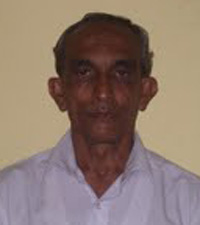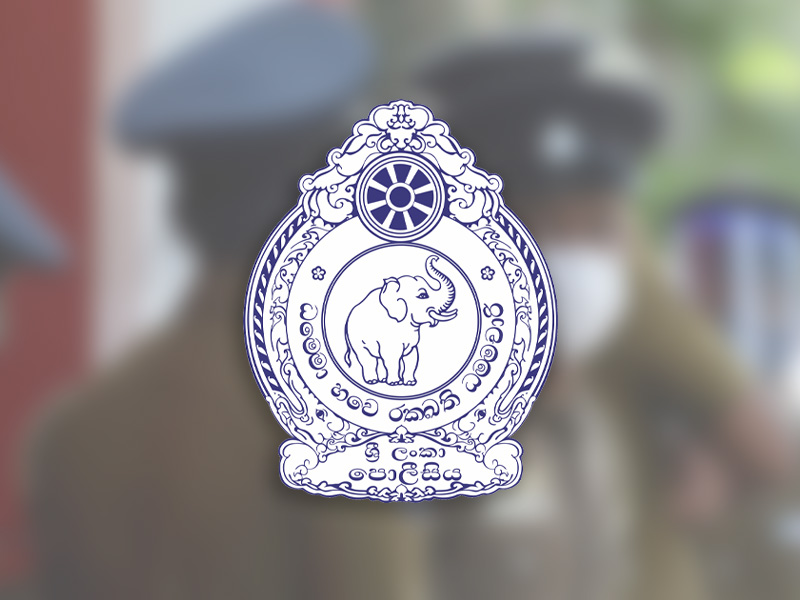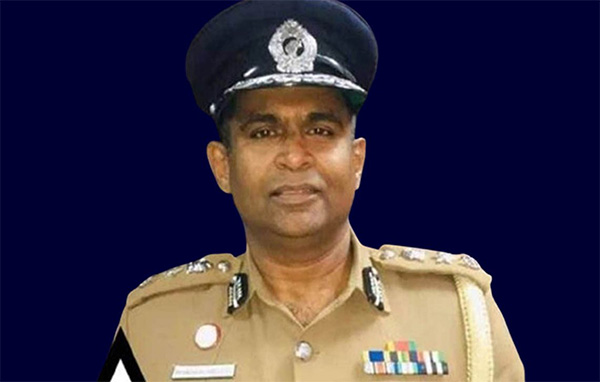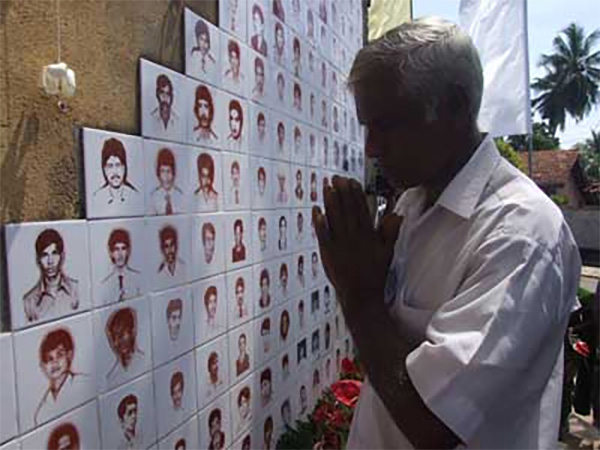
In a landmark ruling, justice has finally been served for Hemasiri, who endured appalling treatment at the hands of law enforcement officials over a decade ago. The incident traces back to December 19, 2009, when Hemasiri, accompanied by fellow opposition party members, was present in Hakmana town.
Encountering posters advertising an upcoming opposition gathering, the Officer in Charge (OIC) of Hakmana Police Station approached Hemasiri and his companions. Despite their attempts to clarify the purpose of the posters, the OIC responded with verbal abuse and forcibly ushered them into a police vehicle.
As tensions escalated, the OIC unlawfully detained one of Hemasiri’s associates, Jayatissa Palangasinghe, assaulting both individuals in the process. Hemasiri sustained injuries, including the loss of three teeth, necessitating medical attention.
In pursuit of justice, a fundamental rights case was lodged in 2010, initiating years of legal battles. Eventually, the court delivered its verdict in favor of the victim. Mr. Upul Kumarapperuma and Ms. Radha Kuruwitabandara represented the petitioners in court.
In a resounding condemnation of the OIC’s actions, the court found him culpable of subjecting Hemasiri to cruel, inhuman, and degrading treatment, a blatant violation of fundamental rights enshrined in the constitution. Consequently, the OIC has been instructed to pay Rs. 150,000/= as compensation from personal funds, in addition to Rs. 100,000/= to be shouldered by the state.
Hemasiri, the petitioner, is entitled to a total sum of Rs. 250,000/= as compensation and legal expenses. The court has stipulated that all payments must be disbursed within six months from the date of the judgment, marking a significant triumph for justice and accountability.
However, it’s crucial to highlight the prolonged delays within the Sri Lankan court system, which significantly prolonged the quest for justice in this case. Such delays remain a pressing concern, undermining the timely resolution of legal disputes and impeding access to justice for many individuals. These delays, particularly evident in cases involving public individuals, raise concerns about equal access to justice and the effective implementation of the rule of law. While the law and constitution are meant to serve the people, delays in the judicial process often disproportionately affect the public, hindering their ability to seek timely resolution and redress for grievances. Addressing these systemic issues is crucial to uphold the principles of fairness, accountability, and the rule of law in Sri Lanka.




